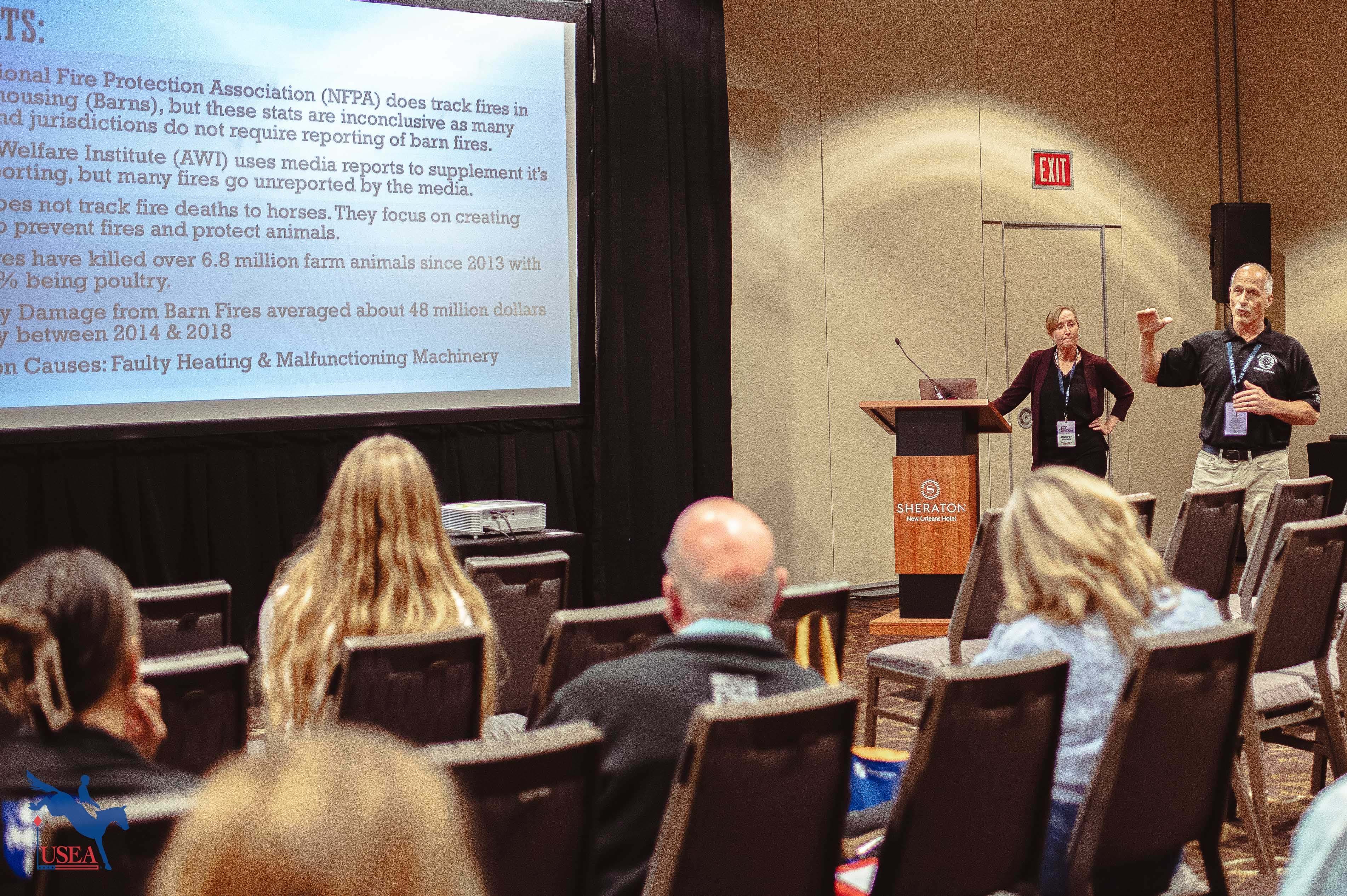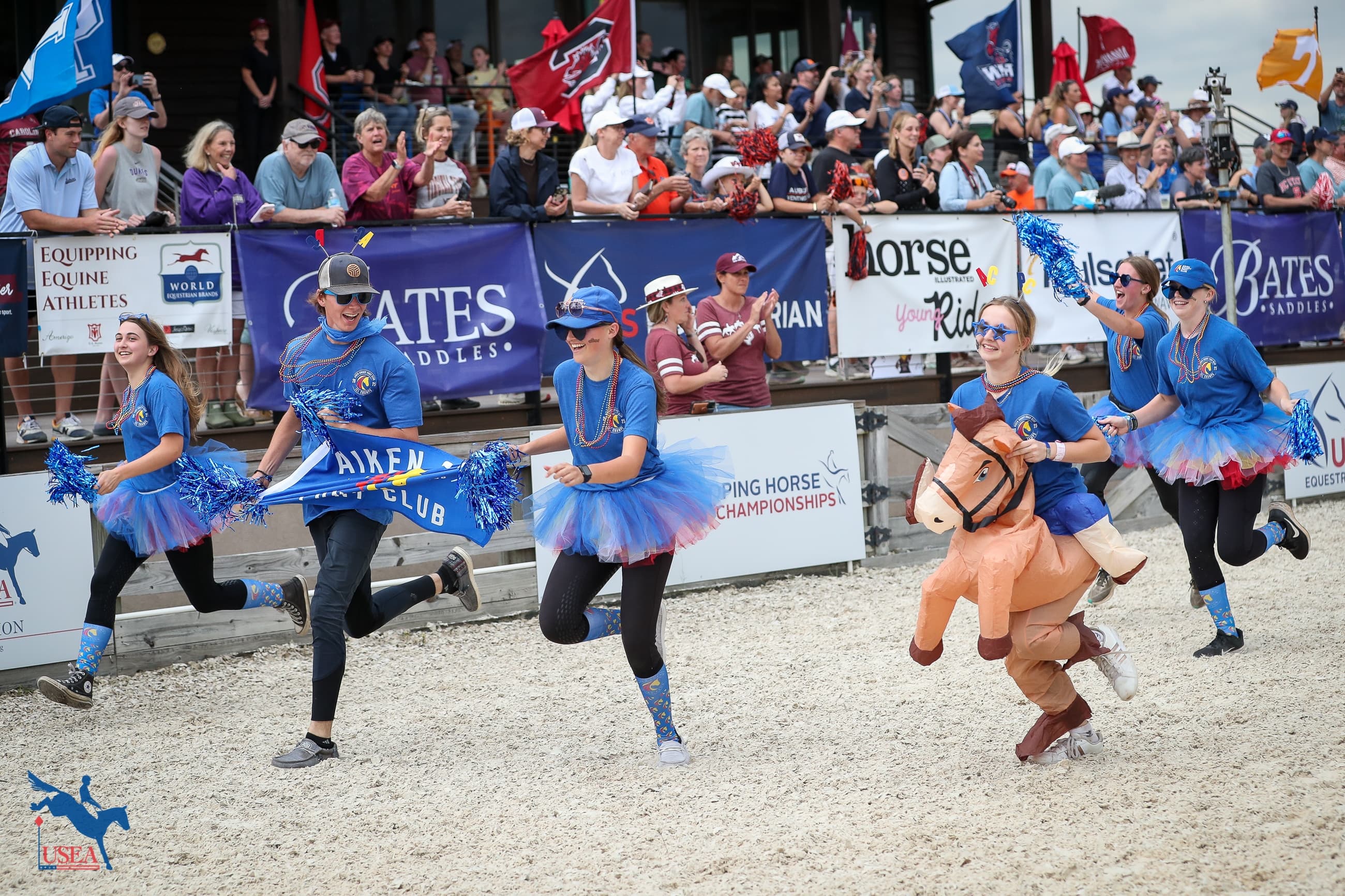Technology in the Era of COVID-19: Connecting Eventers Like Never Before
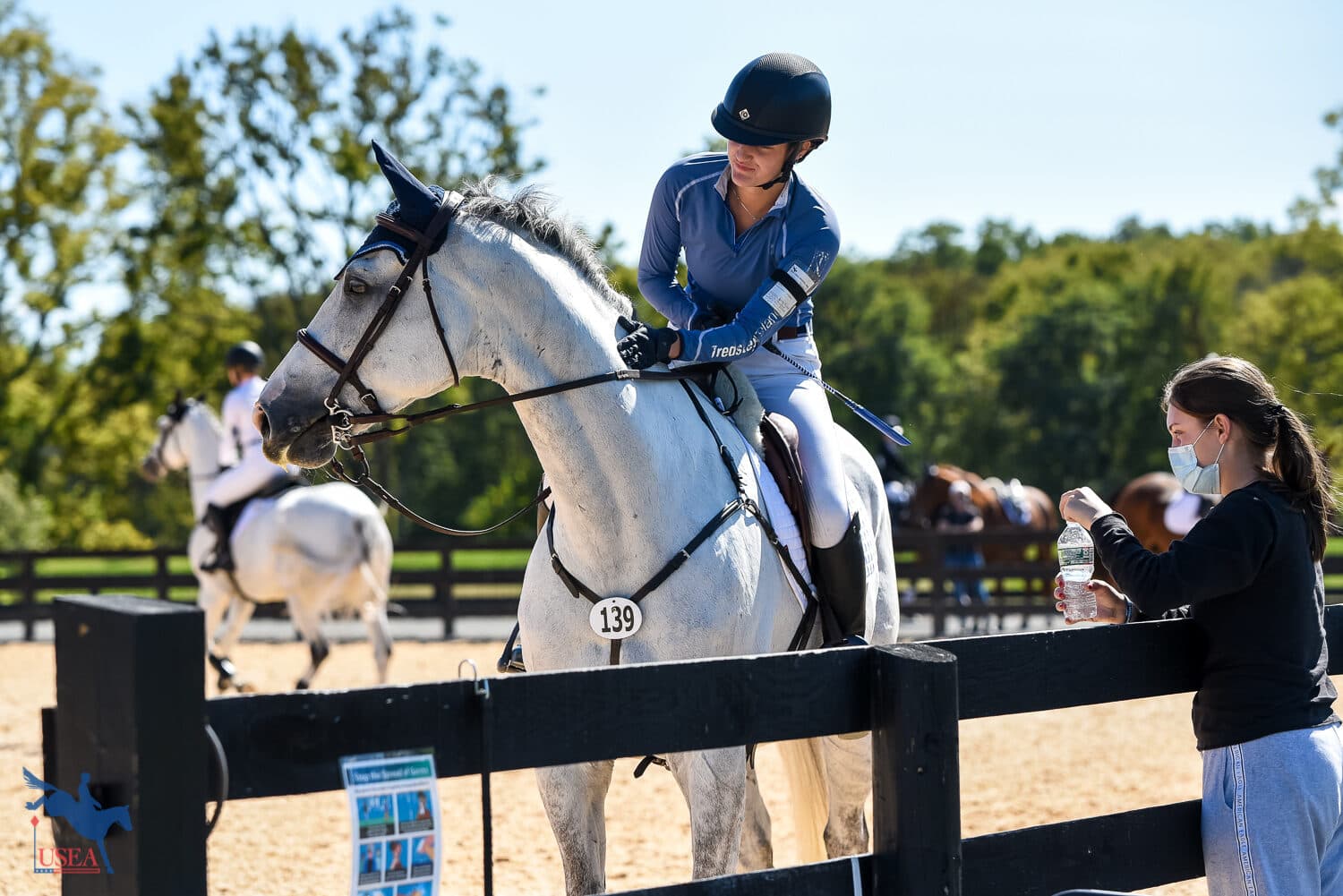
In a year that saw the phrases “contactless” and “socially distant” embedded in day-to-day conversations, the highly social sport we love prevailed thanks to remarkable community efforts. Equestrians everywhere figured out creative solutions to fill the gap and remain connected despite the new challenges and uncertainties presented by the pandemic.
Riders, barn managers, event organizers, and others introduced new practices and experimented with new technologies to ensure safe environments for us to do what we love most. They deserve a round of applause for riding out this virus and turning loss into new and expanded opportunities. As an educational partner of the USEA with strong ties to the eventing community, STRIDER would like to share a few of our interesting analytical insights during this unprecedented year, as well as some additional resources.
For those of you who follow Chinese Astrology, 2020 was the year of the Rat. It’s said that the Rat is quick-witted, resourceful, versatile, and kind. Despite this year of challenges and changed plans, equestrians pulled up their boot straps and did exactly as the Rat character prophesized. Large venues had to cancel their bigger competitions, trainers refocused their students’ programs, and everyone was forced to get creative if they wanted to keep their communities engaged. As a result, virtual activities made up 30 percent of the equestrian events that accepted entries through the STRIDER platform last year. That includes everything from online horse shows to webinars, meet-and-greets with top riders to cocktail hour Q&As, professional development sessions, and other learning opportunities. The equestrian community figured out a number of ways to utilize STRIDER’s flexible and versatile entry platform to stay connected.
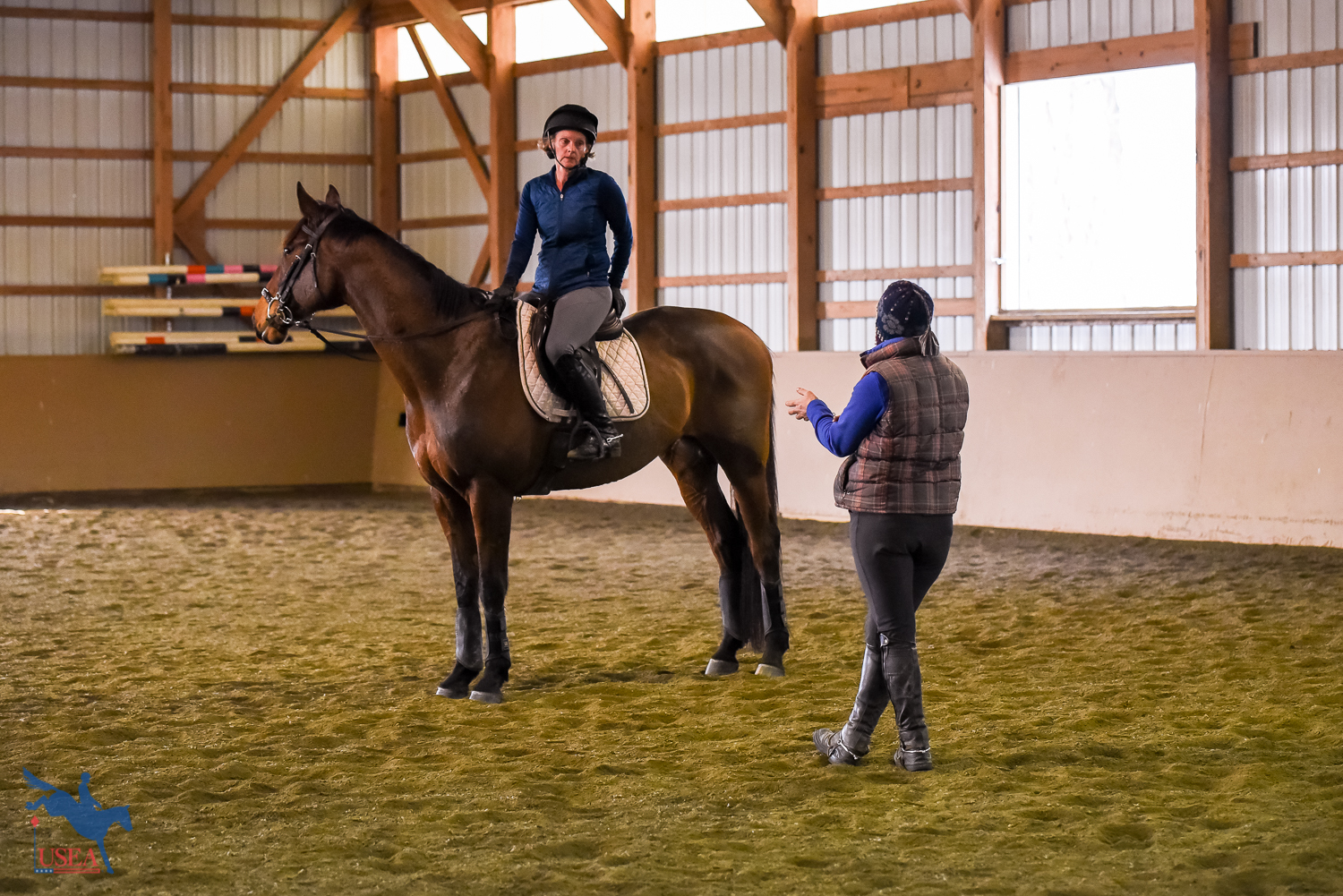
When geography stopped being a limiting factor for participating in an event- let’s face it, we all have a limit on how many hours we’ll trailer to a show or clinic - the opportunity to meet and connect with equestrians beyond the typical geographical bubble expanded. Now, equestrians sitting in Maine could chat with a clinician in Oregon and participate in a virtual horse show in Idaho, or sip cocktails over Zoom with horsey friends in Virginia. Organizers began hosting unique events and riders were eager to participate. This strengthened existing community ties and made way for new connections.
We had a rider reach out to us to say thank you. The message went on to say they found a new equestrian friend during one of these virtual events and they have continued to communicate over the past few months. Eventually, the rider shared their dream to show at an event near the other rider’s home; but they were anxious about cost and lack of familiarity with the area. Their new friend was so delighted at the possible opportunity to meet that they volunteered layover stalls and a guest room for the duration of the trip.
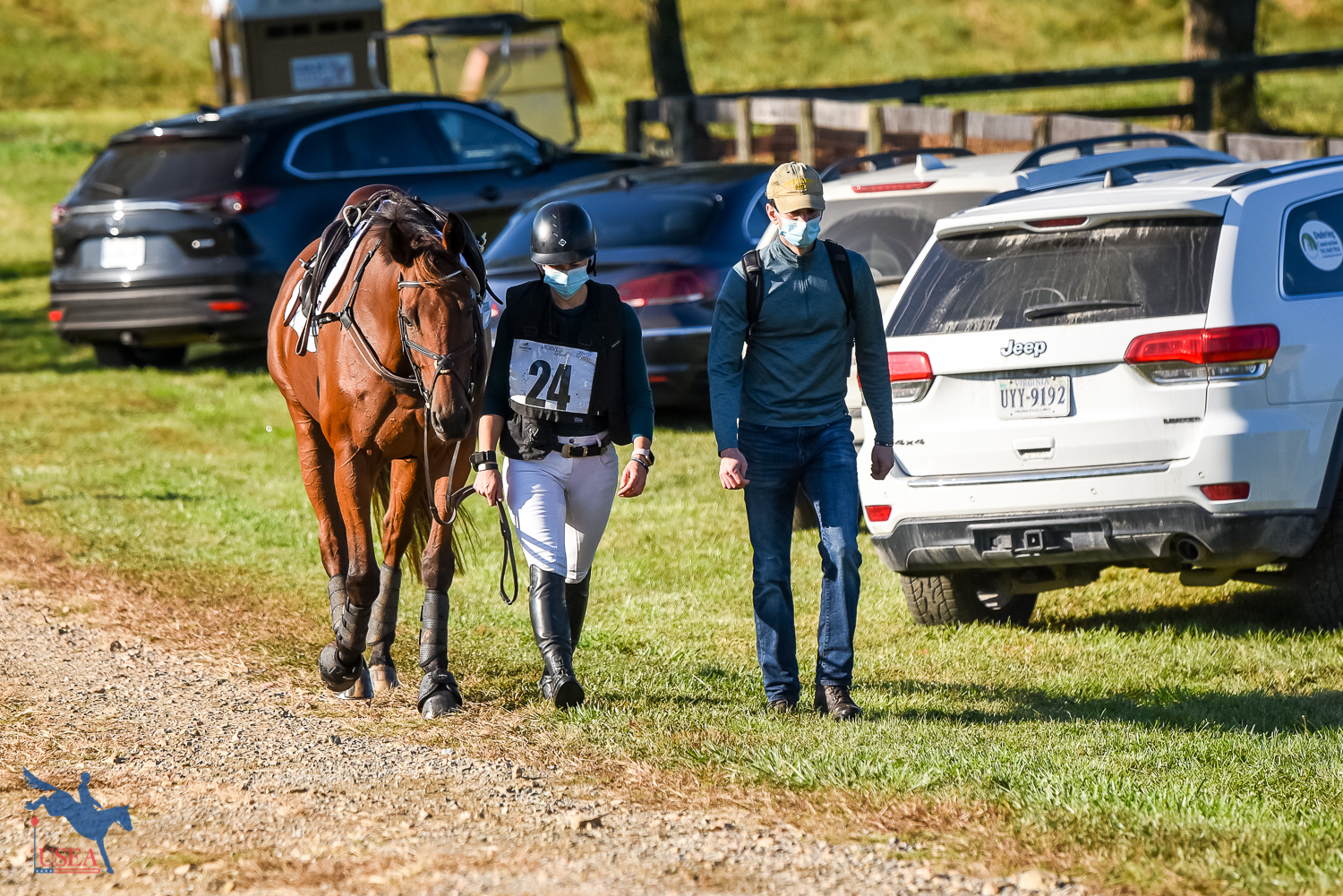
In conjunction with virtual opportunities, we saw a rise in local shows, schooling options, and clinics that could run safely with smaller entry numbers. Private stables and facilities opened their doors up to local riders in the community so that everyone who wanted was able to participate in activities closer to home. For these newly-minted organizers, they didn’t have any mechanisms in place to register or manage external riders for their facilities. They sought a one-stop-shop to reach riders digitally, efficiently, and without adding additional cost. STRIDER was a natural fit as it’s the only open access bookings platform in the industry that supports standard and customizable entries for the organizer; plus members and guest users for rider registrations.
As the year progressed, organizers and venue-owners realized that reducing contact points was vital to maintaining safety for participants, show staff, and volunteers and the need would continue. Digital entries and contactless check-in became priorities, as did implementing solutions that reduced hassle for management teams and participating riders. The shift away from paper entries was an easier transition as there were several existing paid and unpaid options in place, but the newer challenge became additional COVID waivers and contact tracing requirements. All of this was largely paper-based.
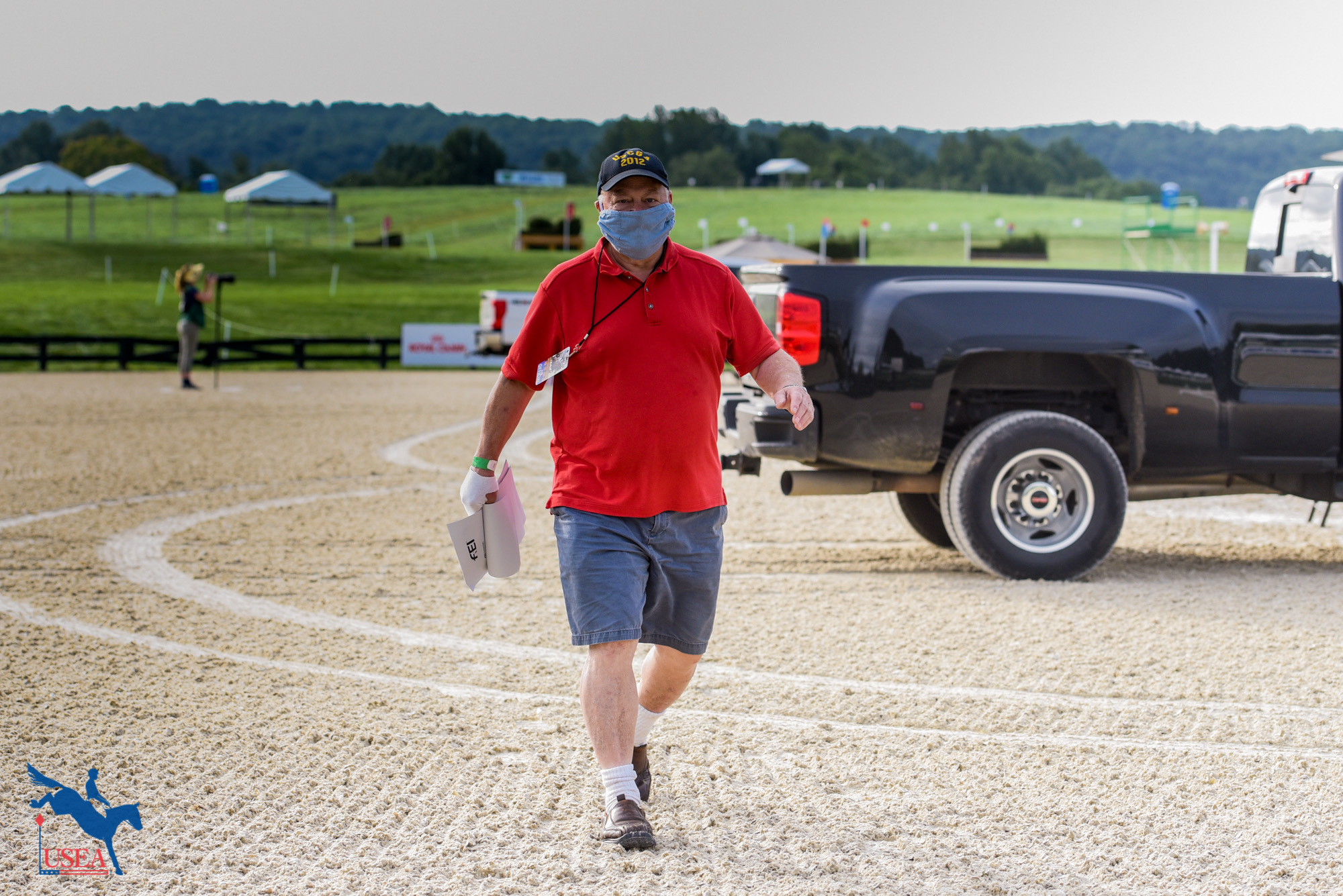
Organizers needed a way to safely get everyone, not just riders and event staff, to sign their facility and COVID-related waivers. So, the STRIDER development team got to work. At the MARS Equestrian Great Meadow International this summer, we launched our new eWaiver product. Despite a lack of spectators; riders, grooms, officials, owners, staff, and crew all signed electronic waivers at the gate before ever setting foot on the property. Signature verification on STRIDER’s real-time, auto-populating spreadsheet was checked daily to gain admittance. That signature collection was part of a larger effort by the organizers that enabled a safe community event and streamlined their workflow. They had verifiable proof of in case of emergency for contact tracing for every single person who entered that facility during the event. STRIDER was proud to help transition the so-called lemons of additional paperwork and processing into the lemonades of efficient electronic signatures and real-time verification.
The equestrian community at large figured out a way to stay connected through STRIDER, even in the midst of a global health pandemic. That lesson has not been lost as us as we look ahead to 2021. We are now in the Year of the Ox, an animal said to be diligent, dependable, strong, and determined. Our hope is that our community will continue to flourish. STRIDER looks forward to helping facilitate these connections and be a part of the equestrian sport in whatever direction it takes us this year.
About STRIDER
STRIDER™ is a leading software services provider in the equestrian industry with more than 90,000 users worldwide. STRIDER offers digital solutions for online event registration, promotion, and payment focused on top tier athletic opportunities. Products include the USEF certified STRIDER™ entry platform, StriderPay™, StriderFastEntry™, StriderRewards, and Strider eWaivers. Please visit www.striderpro.com to learn more about the suite of software products and services available. Connect with STRIDER™ on Facebook, Instagram, or LinkedIn.

